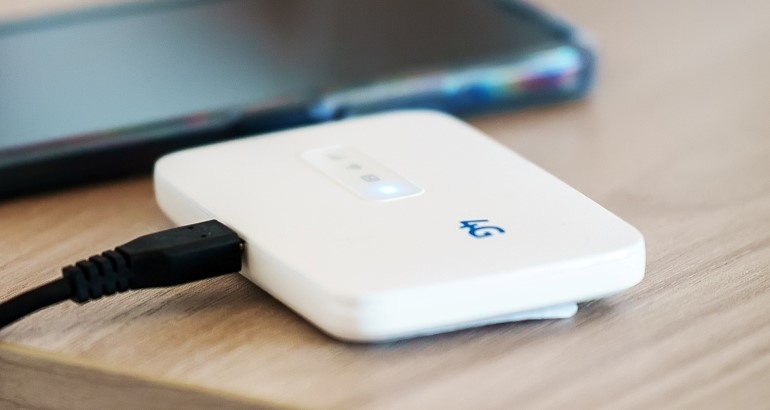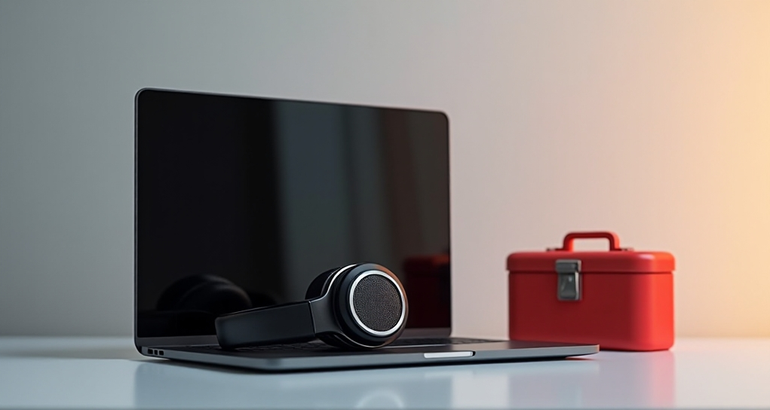Do you know about hotspot?

- Online threats





Overview
A hotspot is a device or service that allows users to connect to the Internet through a wireless network. Hotspots enable you to access the internet in places where fixed networks are not available or to use a more secure network in public areas.
Contents
How to protect yourself when using a Wi-Fi hotspot?
Types of hotspots
① Public Hotspots
Public hotspots refer to wireless network services provided free or for a fee in public places such as cafes, hotels, airports, libraries, etc. Public hotspots are typically offered by commercial or government institutions, and users only need to search for available networks and enter a password or verification code to connect. The advantages of public hotspots are convenience, widespread availability, and affordability. However, they also have disadvantages such as lack of security, instability, and lack of privacy. Since public hotspots are open, anyone can connect to them, which means that anyone can monitor or attack your network activities. Public hotspots are also susceptible to interference or congestion, resulting in slow speeds or disconnections.
② Mobile Hotspots
Mobile hotspots are devices or services that provide wireless network connectivity using mobile data networks , such as mobile routers, laptops, tablets, etc. Mobile hotspots are typically created and managed by users themselves. Users need to purchase mobile data plans and insert a SIM card or use a built-in SIM card to activate the mobile hotspot feature. The advantages of mobile hotspots are flexibility, control, and security. However, they also have disadvantages such as cost, limitations, and power consumption. Since mobile hotspots use mobile data networks, users need to pay higher fees and are subject to limitations on data usage and signal strength. Mobile hotspots also consume device battery life and performance, which can affect the user experience.
Why use a mobile hotspot?
Although mobile hotspots have some drawbacks, they offer more advantages and benefits compared to public hotspots. Here are some reasons to use a mobile hotspot:
① Mobile hotspots are more secure
Since mobile hotspots are created and managed by users themselves, they can set their own preferred password and name, preventing unauthorized connections or eavesdropping. In contrast, public hotspots are open and vulnerable to hackers or malicious software attacks or surveillance.
② Mobile hotspots are more stable
Since mobile hotspots use mobile data networks, users can access the internet anywhere with a signal, regardless of geographic location. In contrast, public hotspots rely on fixed wireless routers or access points, and if the equipment malfunctions or the signal is weak, it can affect the quality of the network.
③ Mobile hotspots offer more privacy
Since mobile hotspots are created and managed by users themselves, they have control over their network activities and do not have to worry about being collected or analyzed by third parties. In contrast, public hotspots provided by commercial or government institutions may record or track user's online behavior and even sell it to advertisers or other organizations.
How to protect yourself when using a Wi-Fi hotspot?
Whether using public hotspots or mobile hotspots, users need to be careful about protecting their network security and privacy. Here are some methods to protect yourself when using a Wi-Fi hotspot:
① Use strong passwords
Whether creating a mobile hotspot or connecting to a public hotspot, users should use strong passwords that include a combination of uppercase and lowercase letters, numbers, and special characters to prevent them from being cracked or guessed.
② Use encryption protocols
Whether creating a mobile hotspot or connecting to a public hotspot, users should use encryption protocols such as HTTPS or SSL to prevent data interception or tampering.
③ Use MetroVPN
MetroVPN is a virtual private network service that allows users to create an encrypted tunnel when connecting to Wi-Fi hotspots, preventing data from being intercepted or attacked. MetroVPN also enables users to access blocked or restricted websites and content, enhancing internet freedom and user experience.






